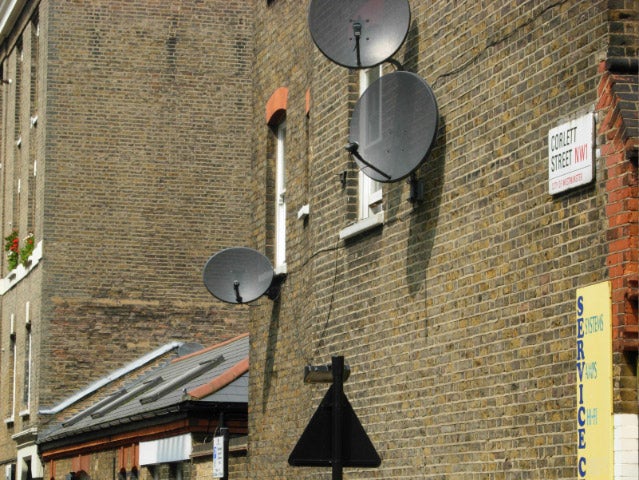A Conservative-controlled council unlawfully blocked a family made homeless by the housing benefit cap from getting social housing, a court has found.
The High Court said Westminster City Council was wrong to bar the anonymous family from applying for a home in the borough where they lived.
The plaintiff, known as “Ms A” had lost her family home in Westminster after the LHA benefit cap meant she could no longer afford her rent.
The council, which has a legal duty to house homeless families, shipped Ms A’s family miles out of the borough to Enfield and said they could not reapply for a home in their own neighbourhood least 12 months.
But the High Court ruled that this suspension was unlawful.
“This landmark ruling makes it abundantly clear that homeless people have the right to bid for social housing from the time they secure a full housing duty from a local authority rather than being suspended for one year,” said Jayesh Kunwardia, a lawyer at Hodge Jones & Allen.
“Westminster’s subtle way of registering the homeless, saying they will have points but denying them the right to bid for 12 months is now deemed unlawful.”
Last month welfare secretary Iain Duncan Smith described caps on benefits as “social justice in action”.
“Welfare reform is improving social mobility for families across the country,” he argued in an article for the Daily Telegraph newspaper.
“A key example of this is the benefit cap which we brought in to put a stop to sky-high benefit pay-outs.”
While Westminster includes famous sights such as the Houses of Parliament and Buckingham palace, the north of the borough has long been home to more mixed communities.
The Government introduced a household welfare benefits cap of £26,000. It says it will lower this limit to £23,000. It has also capped local housing allowance, a cut which affected the family in this case.
The annual Homelessness Monitor survey by the charity Crisis and the anti-poverty charity the Joseph Rowntree Foundation found in February this year that the wider benefit cap was linked with rising homelessness, especially in London.
The benefit cap was listed as one of the “most problematic aspects of the recent welfare reforms” alongside the bedroom tax and council tax reforms.
The Children’s Society says over 140,000 children are hit by the cap compared to only 60,000 adults while children are more than seven times more likely to lose out from its effects.
Matthew Reed, the charity’s chief executive, said at the time of the cap’s announcement that it would be responsible for “putting more children on the breadline”.
Labour supports both measures but says some remedial action should be taken to ensure the policy does not reduce homelessness and child poverty.
David Cameron will today in a speech attack what he says is a “damaging culture of welfare dependency” in the UK.
“It took many years for welfare spending to spiral so far out of control, and it’s a project of decade or more to return the system to sanity,” he will say.
Trend working age welfare spending has actually been falling as a proportion of national income, however, according to figures released by the Office of Budget responsibility.
Jan Luba QC, a senior lawyer who represented the family, said the case showed the importance of judicial reviews in ensuring public authorities followed the law.
A Westminster City Council spokesman told the Independent: “We are disappointed with the ruling on this individual case but we will take on board what the judge has said.
“As before, we will continue to take into account the full range of considerations when finding suitable accommodation for those in housing need, including supporting some homeless households in to the private rented sector where is it affordable.
“Our view was that we didn’t want to be adding to the long queues of people waiting for a home at a time when we are trying really hard to get people in to affordable homes, which are in short supply both here and across London.”

Join our commenting forum
Join thought-provoking conversations, follow other Independent readers and see their replies
Comments